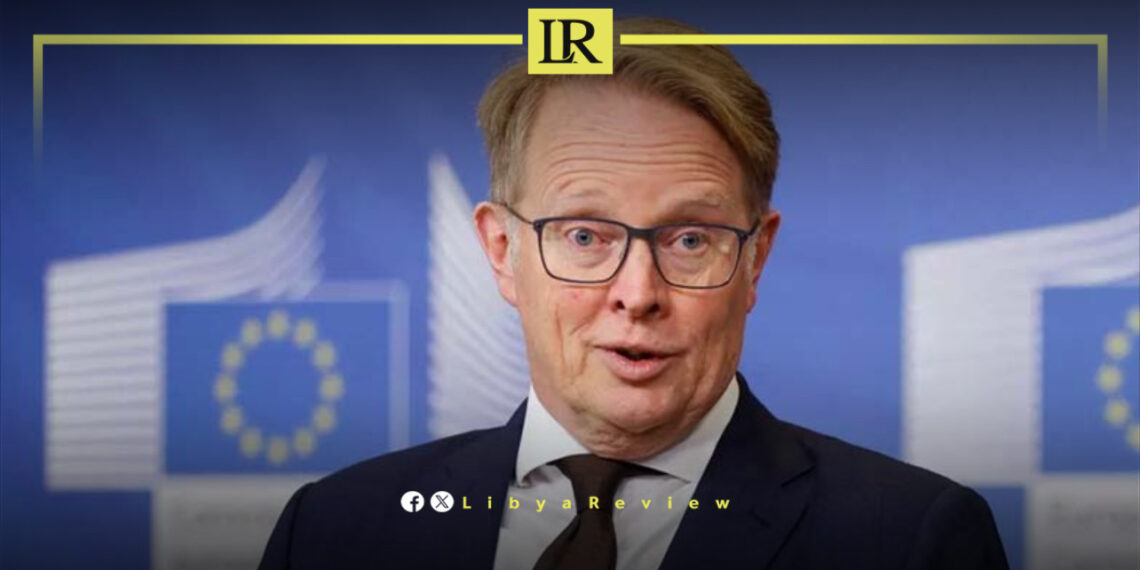The Executive Director of the European Border and Coast Guard Agency (Frontex), Hans Leijtens, has confirmed that the agency refuses to return migrants intercepted in the Mediterranean Sea to Libya, citing serious concerns over human rights violations, including torture.
In an interview with Euronews, Leijtens explained that while returns may offer an immediate solution to saving lives at sea, they fail to address the deeper humanitarian crisis facing migrants trapped in Libya.
According to Leijtens, current protocols require that Libyan authorities be notified when migrant boats are detected within Libya’s designated search and rescue zone, given Libya’s formal responsibility for such operations. However, he admitted that the absence of sufficient non-governmental organizations (NGOs) to respond to distress calls in these waters often leaves migrants at greater risk. “If a boat is in Libyan waters, the Libyan authorities are in charge of the situation—that’s the reality we face,” he said.
Despite these challenges, Leijtens highlighted that Frontex maintains cooperation with several humanitarian organizations operating search and rescue missions. Some of these NGOs, he noted, are implementing European Union-funded programs aimed at supporting migrants returned to their countries of origin, offering them financial aid, psychological support, and reintegration services.
The Frontex director’s remarks come at a time when the European Commission is considering a proposal to significantly expand Frontex’s personnel. The aim is to strengthen border surveillance and enhance search and rescue operations, amid rising concerns about migrant drownings and the escalating crisis of irregular migration.
Human rights organizations have long criticized European migration policies, particularly over their collaboration with Libyan authorities. Numerous reports have documented systematic abuses in Libyan detention centers, ranging from torture and forced labor to sexual violence. These findings have placed Frontex under mounting pressure to balance the need for border security with its obligations to uphold human rights and humanitarian standards.
The challenge for Frontex, and Europe more broadly, remains how to effectively manage migration while ensuring that policies do not perpetuate or contribute to the suffering of vulnerable populations trapped in conflict zones like Libya.


